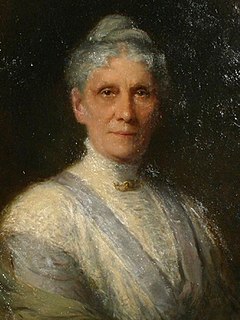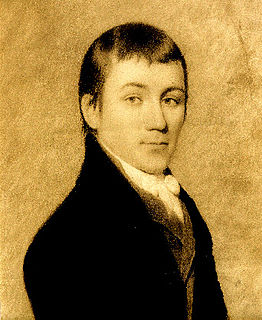A Quote by Bertrand Russell
Cruelty is, in theory, a perfectly adequate ground for divorce, but it may be interpreted so as to become absurd.
Related Quotes
There is cruelty in divorce. There is cruelty in forced or unfortunate marriage. We will continue to cry at weddings because we know how bittersweet, how fragile is the truth. We will always need legal divorce just as an emergency escape hatch is crucial in every submarine. No sense, however, in denying that after every divorce someone will be running like a cat, tin cans tied to its tail: spooked and slowed down.
I like to imagine a person's psyche to be like a boardinghouse full of characters. The ones who show up regularly and who habitually follow the house rules may not have met other long-term residents who stay behind closed doors, or who only appear at night. An adequate theory of character must make room for character actors, for the stuntmen and animal handlers, for all the figures who play bit parts and produce unexpected acts. They often make the show fateful, or tragic, or farcically absurd.
Cruelty, very far from being a vice, is the first sentiment Nature injects in us all. The infant breaks his toy, bites his nurse's breast, strangles his canary long before he is able to reason; cruelty is stamped in animals, in whom, as I think I have said, Nature's laws are more emphatically to be read than in ourselves; cruelty exists amongst savages, so much nearer to Nature than civilized men are; absurd then to maintain cruelty is a consequence of depravity. . . . Cruelty is simply the energy in a man civilization has not yet altogether corrupted: therefore it is a virtue, not a vice.
There is no denying that unhappiness - even violence - exists in some arranged marriages. Or that some arranged marriages are borne out of cruelty. And part of that six percent global divorce rate can be attributed to the powerful stigma against divorce that's present in countries where arranged marriage is common.
All men are, at times, influenced by inexplicable sentiments. Ideas haunt them in spite of all their efforts to discard them. Prepossessions are entertained, for which their reason is unable to discover any adequate cause. The strength of a belief, when it is destitute of any rational foundation, seems, of itself, to furnish a new ground for credulity. We first admit a powerful persuasion, and then, from reflecting on the insufficiency of the ground on which it is built, instead of being prompted to dismiss it, we become more forcibly attached to it.


































